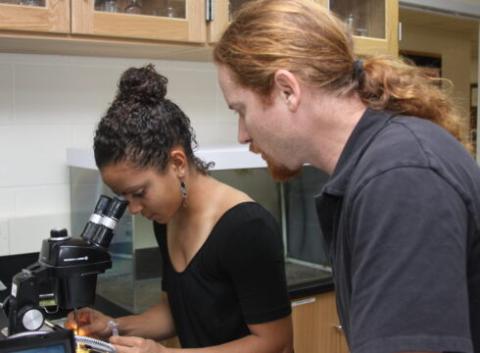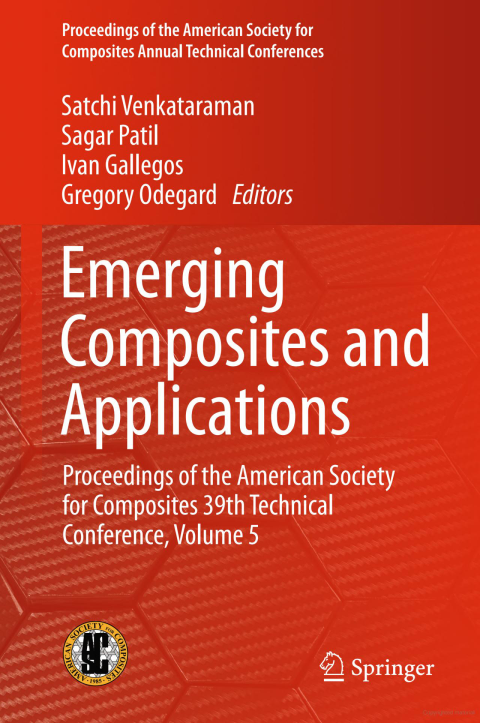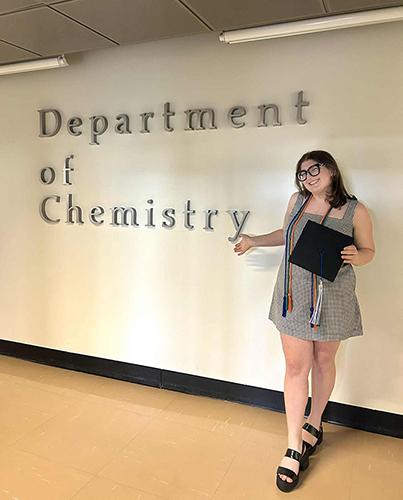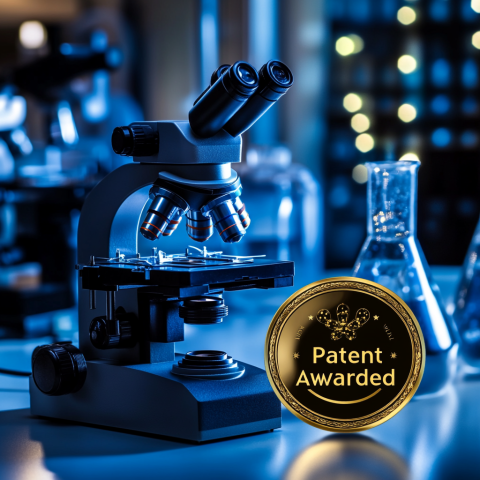Who We Are
NH EPSCoR advances New Hampshire's competitiveness in science and engineering by strategically investing in research infrastructure, promoting education in the STEM disciplines, and fostering partnerships with technology-based businesses that enhance job creation and economic development.
Our program is administered by the University of New Hampshire Senior Vice Provost, with oversight by the NH Research and Industry Council.
Our Projects
Explore our initiatives to expand research competitiveness in NH

NH-LIFT
Building research capacity by expanding research opportunities, student mentoring & training, and creating new partnerships among New Hampshire’s institutions of higher education and industry.

ENACTS
Leading research and workforce development on the design and implementation of Nature-based Solutions in three living hubs in Kentucky, Rhode Island, and New Hampshire.
News
Seed Funding Available

NH-LIFT aims to foster a collaborative and inclusive research ecosystem that broadens participation, catalyzes innovation, and strengthens New Hampshire’s economy. To support this aim, NH-LIFT is offering two complementary seed grant funding programs intended to build and strengthen research collaborations across NH-LIFT partner institutions and lead to successful proposals for external funding. Apply now!
New Book Chapter

Buklovskyi, S., Miroshnichenko, K., Tsukrov, I., Thomson, R. J., Solberg, P. C., & Van Citters, D. W. (2026). Microstructure and Manufacturing Process Impact on Effective Material Properties in Carbon/Ultra-High-Molecular-Weight-Polyethylene Nanocomposites. Emerging Composites and Applications, 77–91.
Our Stories

Doing It Scared
Madigan Jennison wasn’t planning on being a scientist. She followed a family tradition and attended the University of New Hampshire, beginning her studies in 2021. During her sophomore year, she trained as an emergency medical responder. Her desire to help people seemed a natural fit for a career in medicine, but she found herself drawn to the science behind that care.

Meet a LIFTER!
Meet Brian Moore, an Analytical Instrumentation Engineer at Keene State College. Brian is a member of the NH-LIFT Academic Infrastructure and Research Facilities working group. The AIRF aims to enhance research capabilities, workforce training, and economic development across New Hampshire by creating a statewide network of research facilities and equipment.
Our Impact in New Hampshire
The NH EPSCoR program office oversees NSF cooperative agreements for state-based research infrastructure projects, enhancing New Hampshire's research competitiveness. Across the state, these NSF investments have expanded research opportunities for faculty, post-docs, and students, strengthened academic and industrial collaborations, and increased expertise in various scientific disciplines. The initial $123 million in NSF funding has successfully attracted over $327 million in new research funding, enabling New Hampshire scientists to build upon their earlier discoveries.
Investment from NSF EPSCoR
NEW Research Funding LEVERAGED FROM NSF EPSCoR
Student & POST DOC Researchers
PEER REVIEWED RESEARCH PUBLICATIONS
Research Accomplishments
New Biomaterials Patent

NH BioMade researcher Kyung Jae Jeong was recently awarded a biomaterials patent, Injectable Porous Hydrogels, that describes different types of injectable hydrogels with large pores. These hydrogels are made by combining small gelatin particles with an enzyme, typically microbial transglutaminase (mTG). mTG promotes strong bonds between the gelatin particles, making it well-suited for cell growth and healing.
NH BioMade's Road to Building Better Materials
The goal of our Track 1 project NH BioMade (NSF Award #1757371) was to predict and control the composition, structure, properties, and function of biomaterials. This research was led by the University of New Hampshire in partnership with Dartmouth College and Keene State College. There were four research thrust areas: Composites for Orthopedic Bearings for Joint Implants, Sheet Metal Implants for Trauma Repair, Scaffolds for Tissue Regeneration, and Biocompatible Sensors for Use in the Human Body.
Collectively, NH BioMade provided research opportunities to 205 students and post-docs, who are now employed at engineering firms, in bioscience and chemical industries, as faculty members at high schools and universities, or are pursuing their advanced degrees.
Our final report is now available:
- NH BioMade Impact Report-071525.pdf (2.7 MB)
The roadmap below highlights the many research accomplishments of NH BioMade from 2018 through 2024.



